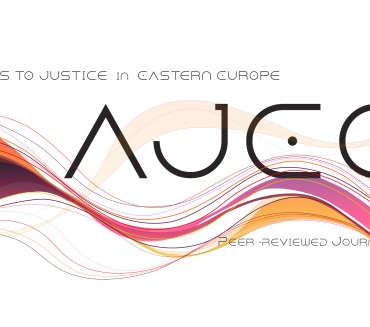Summary: 1. Introduction. – 2. Methodology. – 3. Same-Sex Marriage According to the Constitution of the Republic of Kosovo. – 4. The Readiness of Society to Accept Such Marriages and Members of The LGBT Community as Part of It. – 5. Marriage Between the Same Sexes and International Law. – 6. Conclusion.
Background: This article examines the constitutional guarantees regarding the LGBT community in Kosovo and the protection offered by international legal instruments, particularly those of the European Union. It explores the principle of equality and non-discrimination based on sexual orientation, highlighting the legal and social challenges that hinder the full recognition of the rights of the LGBT community.
Methods: This study employs a legal doctrinal research approach, analysing primary legal sources, including the Constitution of Kosovo, the Law on Family, and relevant international conventions such as the European Convention on Human Rights. A comparative legal analysis is also conducted to evaluate Kosovo’s legal framework in relation to European Union standards. In addition, a socio-legal empirical component is integrated, drawing on survey data from 2015 and 2022 to measure social attitudes towards same-sex marriage and LGBT rights. This mixed-method approach allows for a comprehensive understanding of both legal norms and their practical impact on social acceptance.
Results and Conclusions: The research reveals a persistent gap between constitutional provisions that guarantee equality and legal norms that explicitly prohibit same-sex marriages. Survey data indicate a decline in social acceptance of same-sex marriage over the years, with increasing homophobia and resistance to legal changes. However, recent court decisions, such as those recognising gender identity within the right to privacy, indicate progress in the judicial sphere.
Examining the internal legal acts of the Republic of Kosovo alongside those of the European Union highlights the interaction between constitutional guarantees and the creation of social norms as well as their broader impact on society. A key question arises: to what extent must a legal norm fit into society? Public acceptance, not only in Kosovo but globally, remains limited, particularly with respect to norms affecting the LGBT community. It requires a significant amount of work, especially in drafting norms related to this community.
While Kosovo’s legal framework complies with international human rights standards in theory, social attitudes and specific legal provisions pose significant barriers to the recognition of same-sex marriage. Overcoming these gaps requires concerted efforts by policymakers, civil society, and international organisations to promote inclusiveness and reform of restrictive legal norms. The paper examines the interconnectedness of LGBT civil and political rights, prejudice, discrimination, homophobia, and LGBT health disparities. In addition, it also considers the societal consequences of the LGBT community’s exclusion, emphasising how legal recognition and social acceptance are mutually reinforcing processes.

